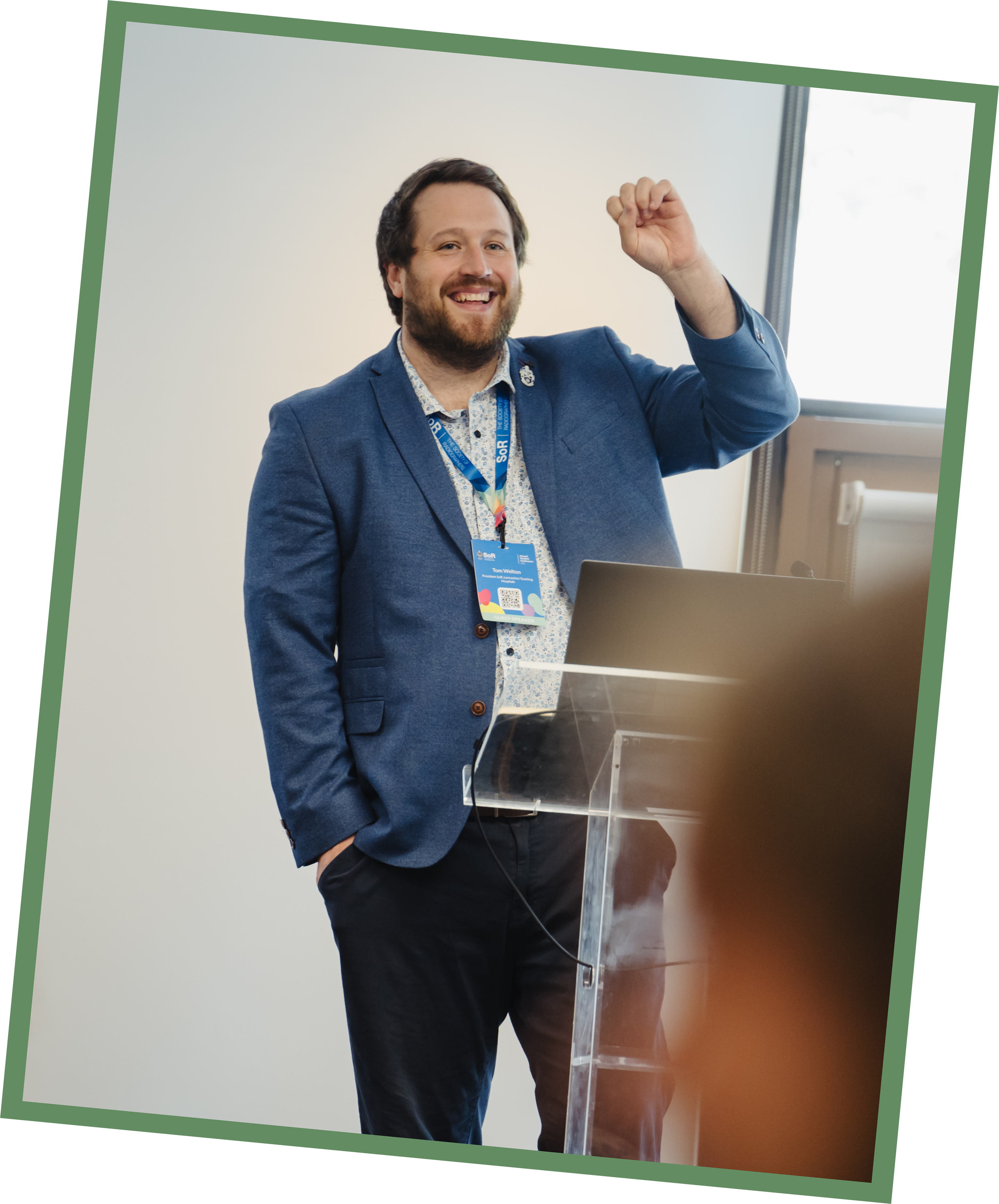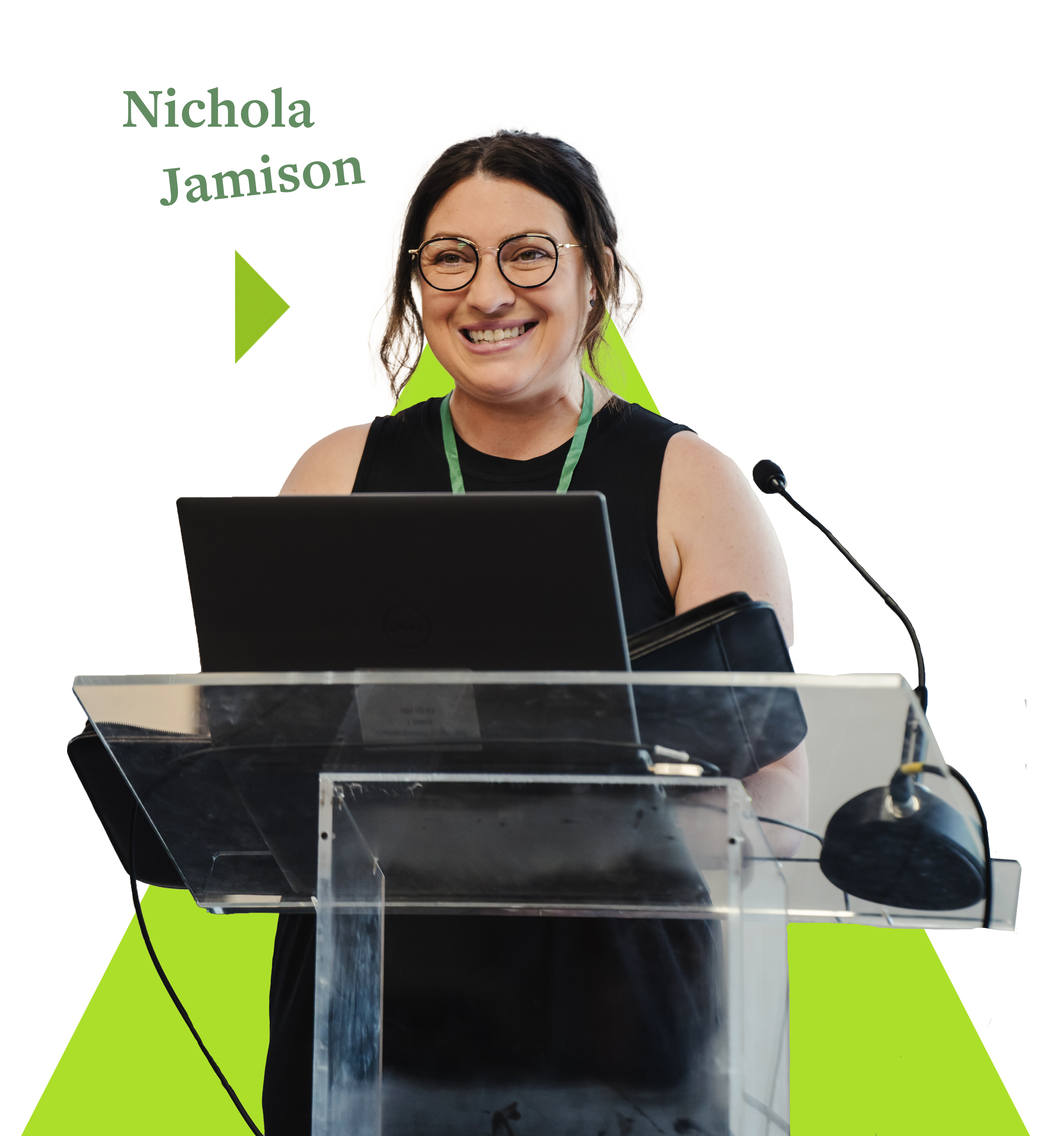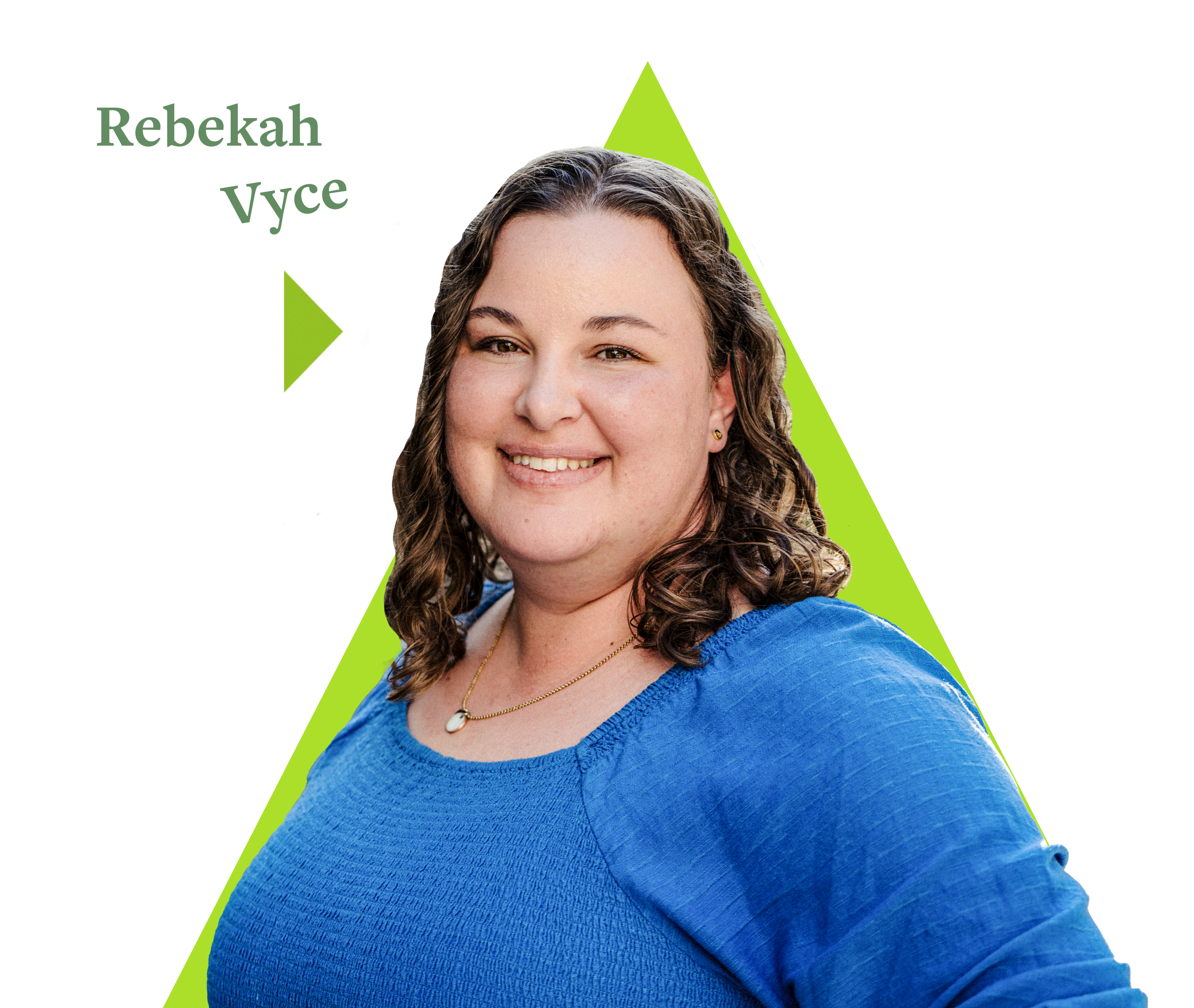The drivers of change: SoR Student Conference 2025
Before the start of this year’s Annual Delegates Conference, students were offered the chance to hear from the SoR on the topics that really matter to them at the Annual Student Conference
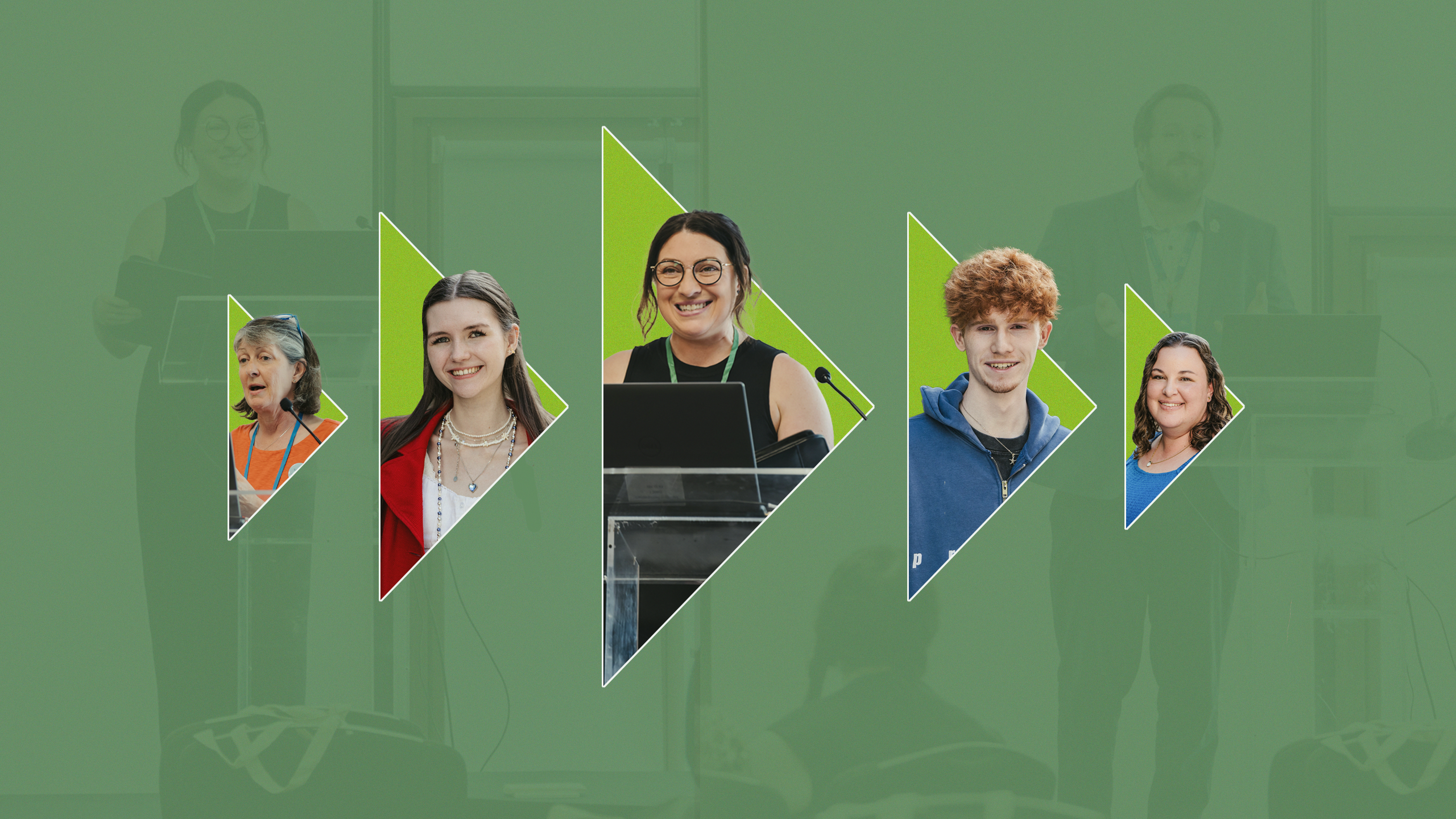
Despite job freezes, workforce shortages and a crisis in the NHS, the atmosphere inside the Annual Student Conference was one of determined optimism.
On 28 April, student members of the SoR paid a visit to the event, held at Novotel London West in Hammersmith, to hear directly from the society on the subjects important to them.
Ahead of the Annual Delegates Conference (ADC), due to be held at the hotel starting the next day, the students participated in a series of sessions on learning to support themselves and others, heard about the results of the SoR’s recent student survey and took part in the first ever live Schwartz Round held by a professional body.
This year’s theme was ‘Belonging’ and sessions focused on navigating important concepts around wellbeing, resilience and empowerment, as well as the ongoing work to support them.
While students and apprentices discovered how the SoR is ensuring they have the best learning experience they can and networking with their peers, Synergy visited the conference to find out the student perspective on the important topics being raised.
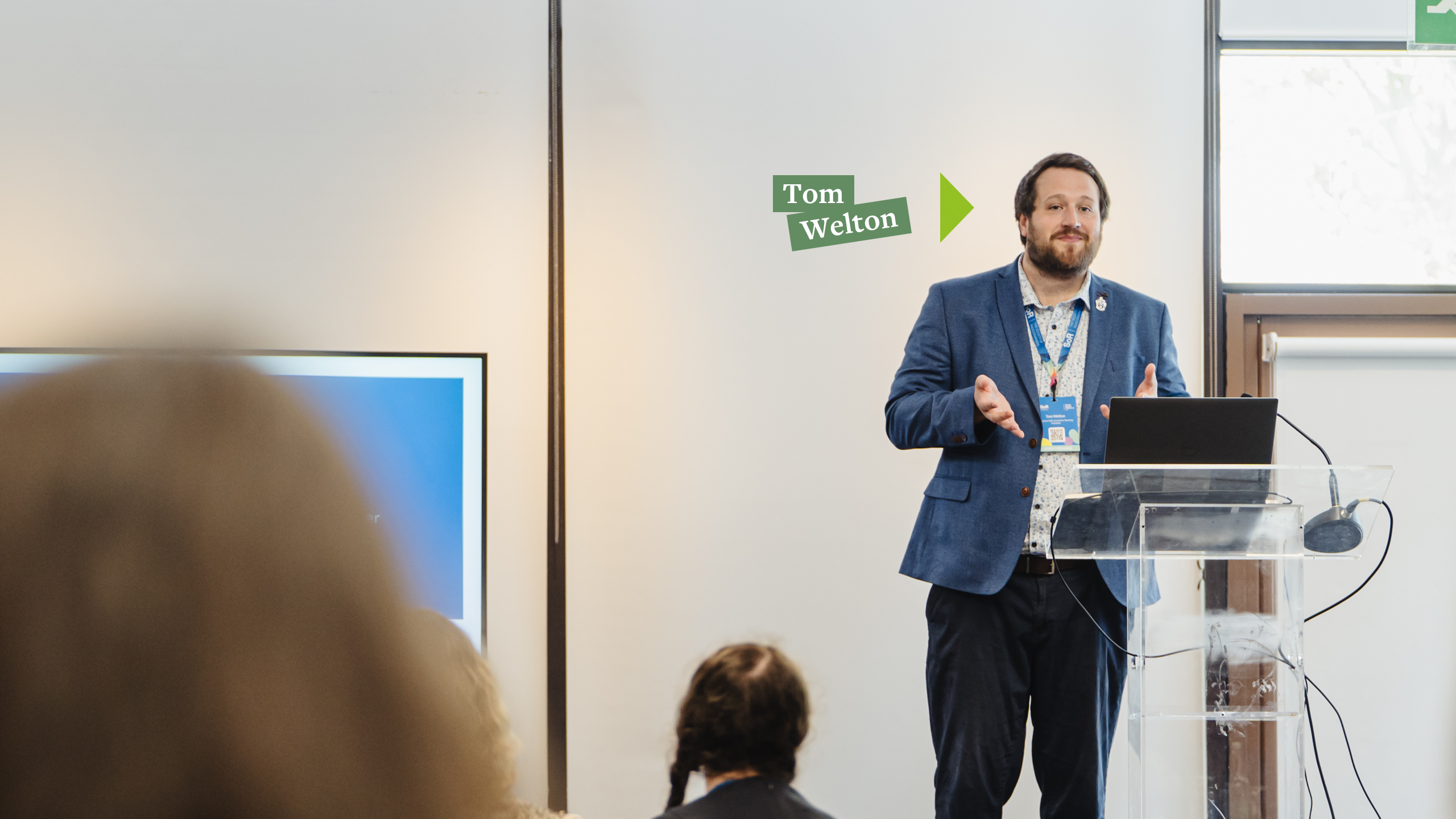
‘How can the lessons learned today be taken back to your practice?’
The conference kicked off with an opening address from Tom Welton, president of the SoR, who focused on the importance of the student membership – after all, he explained, they stand as the future of the profession. “What does it mean to be a student?” he said. “Healthcare in the UK is in a very turbulent time. You’ll see it when you’re on clinical placement. We’re short staffed but there’s no jobs; no one has any money.
“The important thing to understand is that healthcare carries on. It will always be a really good profession to be in. The NHS is very cyclical. It goes around in circles. We are at this point that change has to happen. When you’re on a burning platform, you can stay on it and burn down, or jump to a new platform.
Tom Welton, speaking at the student conference, by Eva Slusarek
Tom Welton, speaking at the student conference, by Eva Slusarek
“There is going to be an evolution. And radiographers are going to be at the heart of that. Yes, it’s going to be turbulent and, yes, your experience will be different. But ultimately, it’s about making the best of the position you’re in. You’ve all got to work together as cogs in this system.”
Tom emphasised the importance of finding one’s identity as a radiographer – not just as a member of staff pushing the buttons, but as part of a culture and as part of an incredibly important institution. “Every single cog has an important role in that system,” he added. “Moving forward, that’s what you need to keep hold of. It’s about how you put yourself into that system, and what opportunities you want to take moving forward.
“There’s no such thing as ‘just a student’. You’re a pre-registration radiographer. Everyone has a role in healthcare, whatever year you’re in, or whether you’re going into a job. It’s up to you to figure out what that role is.
“How can the lessons learned today be taken back to your practice?”
Student survey: findings and concerns
Following Tom’s introduction, attendees were given the top-level insights gleaned from the results of last year’s National Student Placement Survey by Nichola Jamison, students and new professionals officer at the SoR.
The survey, which ran from 30 April until 12 June 2024, garnered responses from 1,034 students and apprentices across 33 universities, with a total receipt of 54,898 words of free text responses, adding up to more than 90 pages of personal experience.
By far the most important questions asked by the survey were focused on the student experience: did you feel valued on your placement? Was your workload manageable? Did your place of work make reasonable adjustments for neurodivergence, and share these with relevant staff?
While many gave positive responses, issues still arose, particularly around consistency and coordination of placements (more than half of respondents were given less than three months’ notice, and a third were given less than a month’s notice, on where their placements were), around timeliness and clarity of rota (with around a third of respondents given less than a week’s notice of where and when students would be working) and around generally poor or delayed communication.
Nichola said students expressed a need for more proactive and transparent communication, alongside better support and guidance. This issue was particularly pronounced around travel and accommodation, with Nichola explaining that the majority of students were having some kind of problem with the costs associated with being on placement.
A quarter of respondents were travelling more than 60 miles a day to get to their placement, while a third were travelling more than 100 miles. Half of respondents had to stay in placement accommodations. The financial strain of these arrangements, and the impact of travel times on performance, could not be underestimated, Nichola added. “One of the most concerning things is that a quarter of students had no access to kitchen facilities and had to buy their meals on a daily basis.”
The majority of students affected by these issues, she continued, were ineligible for reimbursement and, of those who were, reimbursement frequently took longer than three months.
Meanwhile, students called for better access to study materials and support services, and more comprehensive orientation on arrival at placements. One of the main concerns for students was high stress levels, as students were forced to balance academic requirements with placement duties. While on placement, learning needs sometimes went unaddressed, and necessary adjustments for learning were not always made.
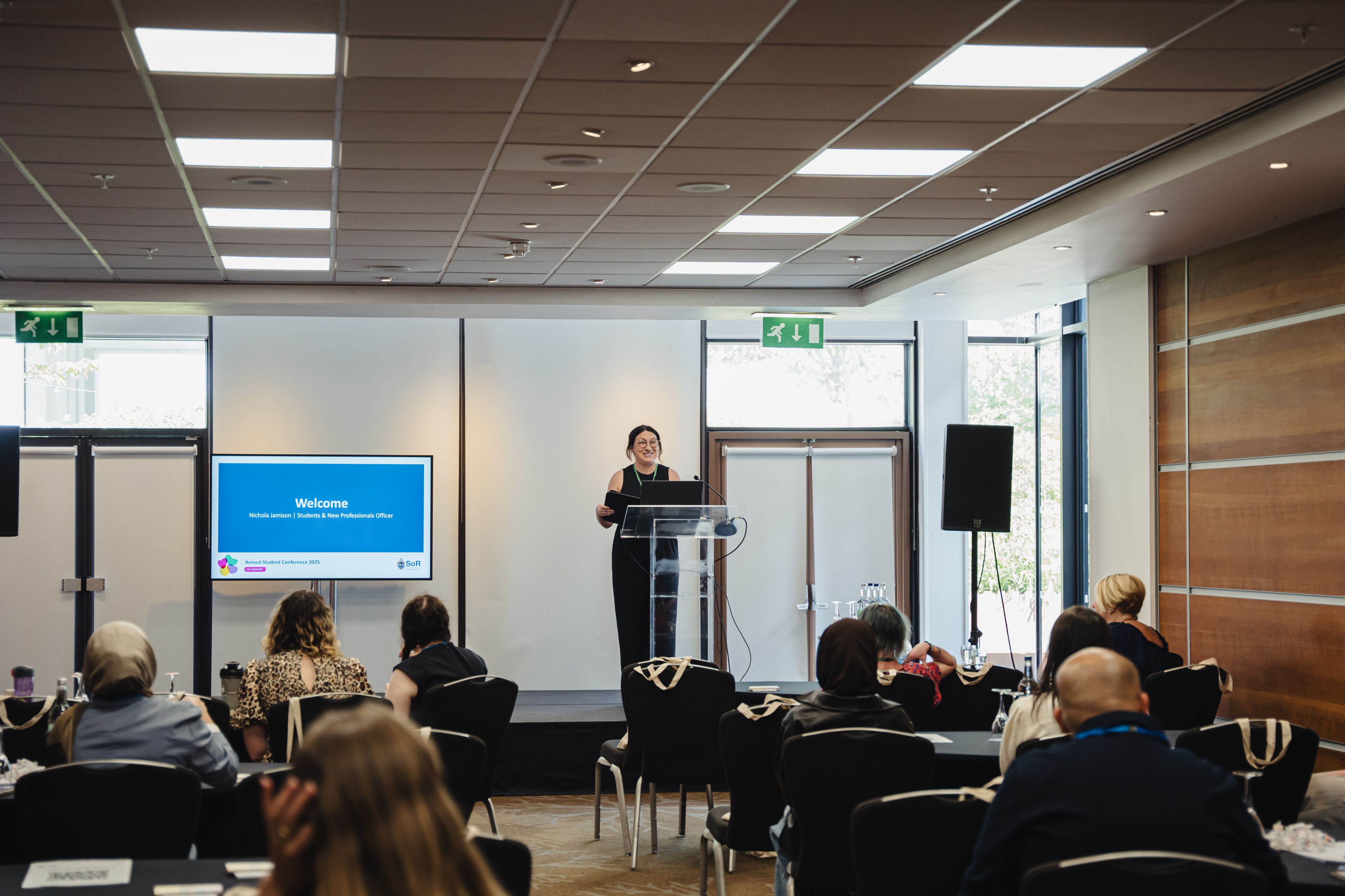
Student survey: taking action
Nichola highlighted a growing desire for stress management workshops, mental health support, more practical, hands-on experience, better input into students’ own learning plans and improvements to feedback mechanisms. The latter was particularly important, she added, because of the survey’s most concerning finding: staff attitudes were frequently inadequate. Two thirds of respondents said they had witnessed or experienced unacceptable behaviour towards students in the workplace.
With such an important topic affecting so many, Nichola said, the SoR has put together an action plan, starting with the relaunch of last year’s open letter to students. “We do not accept unacceptable behaviour to students in the workplace. It is our job and duty to challenge this. We encourage students to come forward. If you’re having these challenges, we will be there to support you – whether individually or as a cohort,” she added.
One of the issues with these surveys, she continued, is that they only check for these issues irregularly, or only hear about them after students have chosen to leave the profession. If they didn’t know how or where to go for help, then that was an issue that needed addressing, Nichola said, drawing attention to the ongoing communications work the SoR is implementing to promote support and representation resources.
The ongoing work includes consultations with the heads of radiography education – course heads want to improve the placement experience, so the SoR will be collaborating to share its findings, improve the experience and give guidance on what support is necessary.
Alongside these efforts, the SoR continues to lobby the government to improve funding, strengthen its own channels for communication, work with relevant authorities to improve reimbursement timescales and advise institution partners on best practice.
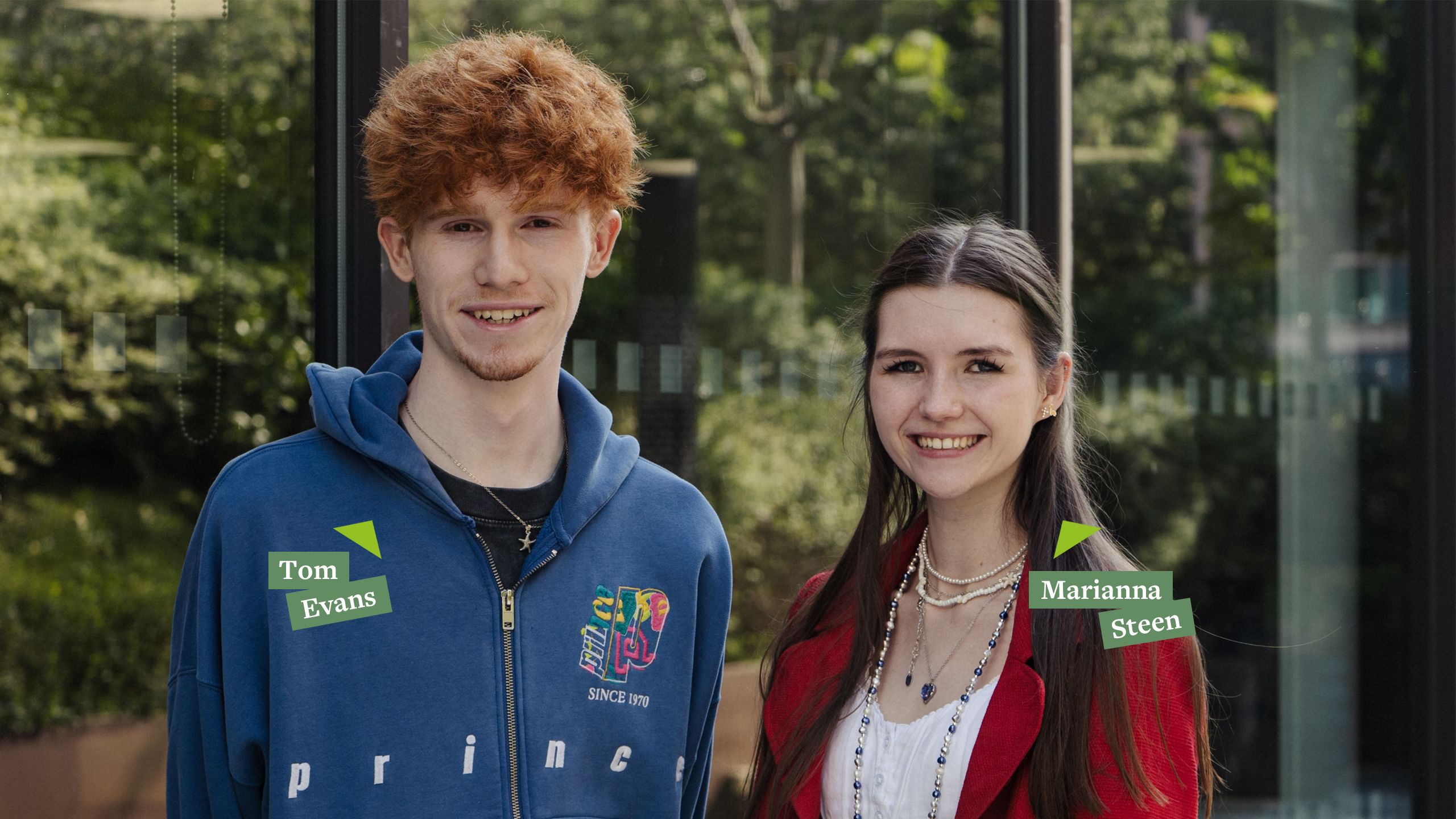

Tom Evans and Marianna Steen, third-year diagnostic radiography students at the University of Liverpool, explained that hearing about what the SoR was doing had helped allay some of their concerns about the staffing shortages that were affecting the profession. “It’s my first time at the student conference,” Tom said. “It was good, and there was a nice variety of things to talk about. I wasn’t really sure what to expect, but it was great to have a run-down summary of what the SoR has been up to over the previous year.
“One of our main concerns at the moment, which they touched on in the conference, is the training of new students and the promising of jobs, when we’ve seen so many job freezes this year. It’s obviously down to the NHS and staffing, because the universities didn’t expect it either. They were telling us there would be jobs coming in from September and there just haven’t been. It needs to be addressed.”
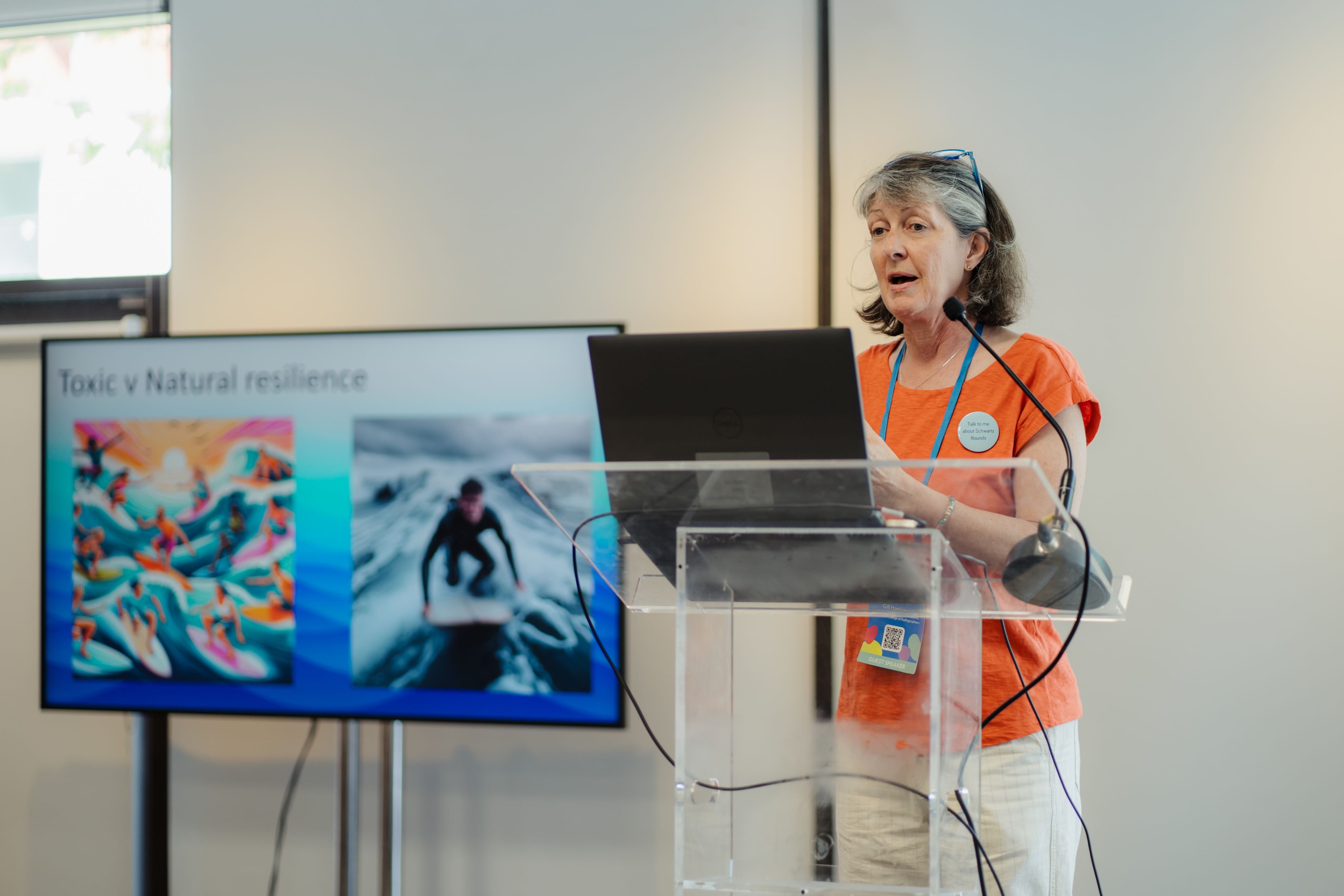
Empowering students
After the morning’s survey on student placement, the afternoon saw conference attendees given the chance to hear from speakers on various wellbeing, awareness and inclusion topics. These included Emma Stevens, a workplace coach for autism and ADHD, who discussed the importance of creating a neuroinclusive workplace and practical methods for doing so, as well as the hosts of the Student Radiographer Podcast, who highlighted the value of finding power in your voice. “Imposter syndrome is rife – students can play a role just by sharing their voice,” said Rebekah Vyce, co-host of the podcast.
They were joined by Gill Harrison, SoR professional officer for ultrasound, who spoke about adaptive wellbeing and natural resilience, as well as some practical strategies individuals can use to support their own wellbeing.
After lunch, students participated in the first-ever live Schwartz Round held by a professional body. A Schwartz Round is a meeting where attendees are encouraged to discuss the emotional and social aspects of working in the healthcare sector. Its aim is not to address grievances, but to explore the challenges and rewards of working in healthcare, and to emphasise the need for support for healthcare workers, so they can show compassion in turn to patients. Those who want to find out more about Schwartz Rounds can visit the Schwartz Rounds – Point of Care Foundation page.
“The stand-out moment of the conference was our first ever face-to-face Schwartz Round as a professional body,” said Nichola. “No other professional body has ever done that. What I really loved was that it reinforced yet again how students are the drivers of change. Everyone in the room embraced that culture and embraced the Schwartz Round, and I was really heartened by that.
“My mentor said: ‘Nowhere else in the healthcare profession is there space where you can think about the person within the professional.’ Having that space and watching people start to do that was really lovely. The strength of students as leaders within radiography is something I will remember from today.”
Amelia Surrey, a student Therapeutic Radiographer at the Health Sciences University in Bournemouth, spoke during the Schwartz Round about her own experiences. When the event was over, she talked to Synergy about the importance of the rounds: “As healthcare professionals we care so much for other people in the worst times of their lives, and actually to reflect back on us, and what we need, and what we can do better to benefit ourselves and our community, was incredible.”
Find out more about the student conference
The student conference is an annual event for SoR student members, this year held on the first day of the Annual Delegates Conference, and is open to SoR’s student members in all years of study.
Focusing on learning to support ourselves and others, the theme for this year was ‘Belonging’, with attendees being invited to navigate concepts of wellbeing and resilience, empowering them to use their voice for good, and encouraging them to find their worth and value in the team setting.
This year, the event saw the first ever live Schwartz Round held by a professional body, giving students space to reflect and learn.
Read more



